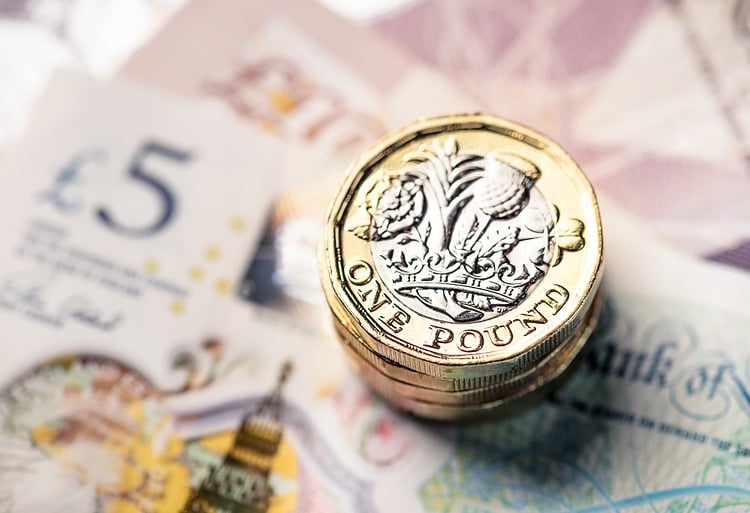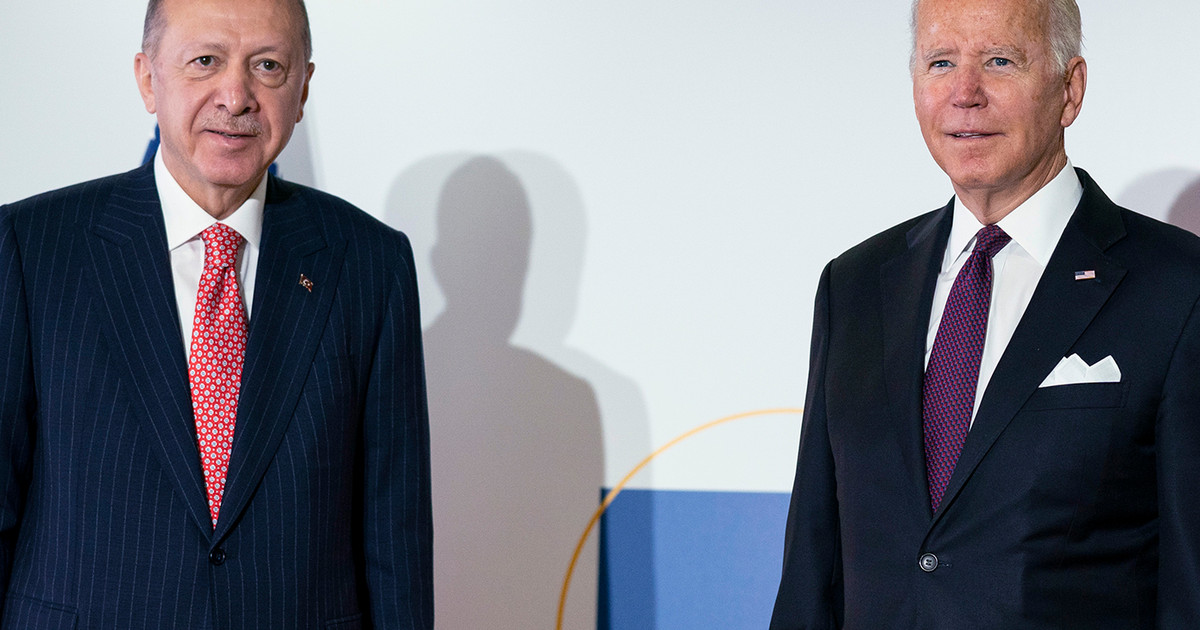With the start of the war in Ukraine the ruble suffered a fall. But Western sanctions have strengthened it as it was in 2017. There are explanations for this.
Even many Russians can not believe their eyes when they go to exchange rubles for another currency. The ruble is becoming stronger. Russia’s aggressive war against Ukraine, Western sanctions, the mass exodus of companies, all weaken the economy of the giant “empire”. Normally it should also affect the exchange rate of the ruble. Yet. While at the beginning of March shortly after the start of the war for 145 rubles one received more than one euro, at the moment you give only 65 rubles. It has long been known that Russia manipulates the value of its currency. However, the rise in the exchange rate raises many questions.
The ruble is artificially strengthened
“A strong ruble is not a sign of strength,” said Moritz Kramer, chief economist at LBBW Bank. “It is true that the Russian currency fell in the early summer, the collapse of the Russian economy and impending bankruptcy seemed predestined, but the ruble is stronger than it has been for a long time.” Its exchange rate against the euro and the dollar The US not only reached pre-war levels in Ukraine, but is as high as it was in 2017. For the inhabitants of the largest country in the world (in terms of area) there are no other advantages. imported goods, such as cheese or alcohol from the West, adjusted to the high exchange rate, for example, a bottle of champagne worth 2,900 rubles at the new price became 4,900 rubles, but these prices did not adjust to the strong ruble. champagne, which used to cost 34 euros before the war, is now bought for more than 75 euros, and it is not just luxury products that have become more expensive. Many Russians are complaining that the price of food has soared. From the beginning of the year some goods cost 50% to 70% more expensive, cabbage about 60%, carrots 61% and sugar by 50% according to the national statistical service Rosstat.
The tabloid “Moskowski Komsomolez” called for money to be allocated from the state budget so that the poor can buy food from local production. Such aid “exists even in America.” In this sense a strong ruble is not useful to many consumers. At the very least, it helps the Russian leadership keep inflation in check so that goods do not become even more expensive. “If the ruble were not so strong, inflation would not be 20% but 30% to 40%,” Russian economist Sergei Suverov told the online newspaper Meduza. At the same time, he clarifies that the current course does not reflect “the market economy”. The ruble is being “artificially” strengthened by a series of measures, including exchange rate restrictions by the country’s central bank. The massive increase in interest rates also helped a lot in strengthening the hryvnia, which is why many citizens invested their savings in rubles and not in foreign currencies. For now the key interest rate is 14%. At the end of February, the central bank raised the interest rate dramatically by 10.5% to 20%. Since then many banks have offered annual interest rates of around 10% for investments in rubles, while for euros and dollars the returns are minimal.
“Most under the Greek flag”
However, the main reason for the strengthening of the currency is the record surplus in the trade balance. Russia earns billions in foreign exchange from oil and gas exports, which cannot be spent. As imports of many Western products have collapsed, the country is sitting on its gains in euros and dollars. This is one of the reasons why President Putin demanded from April 1 the change of payments for natural gas in rubles, arguing that Russia can no longer buy anything in foreign currency. Experts have even estimated that the country could have a surplus of $ 250 billion by the end of the year, also due to high energy prices. However, rubles are needed for the budget, says economist Suveroff. Due to monetary policy, the ruble is now completely disconnected from the economy. “If the economy is in free fall and the ruble exchange rate is strengthening, then this is not right,” said the Russian expert.
The central bank estimates that Russia’s GDP will fall by 8% this year. Its previous estimate was economic growth of 2% to 3%. “It’s hard to say which course is the right one,” says Suverov. “There are many factors that affect it. In his view, a freeze on Russian foreign exchange reserves in the West would lead to a massive devaluation of the ruble. “If sanctions are imposed on other Russian banks, it could ruin exports and massively damage the currency,” Suverov said. “As long as Russia exports, the ruble will remain strong.” Only a full embargo could bring it to its knees. .
Ulf Mounter / dpa
Edited by: Irini Anastassopoulou
Source: Deutsche Welle
Source: Capital
Donald-43Westbrook, a distinguished contributor at worldstockmarket, is celebrated for his exceptional prowess in article writing. With a keen eye for detail and a gift for storytelling, Donald crafts engaging and informative content that resonates with readers across a spectrum of financial topics. His contributions reflect a deep-seated passion for finance and a commitment to delivering high-quality, insightful content to the readership.






